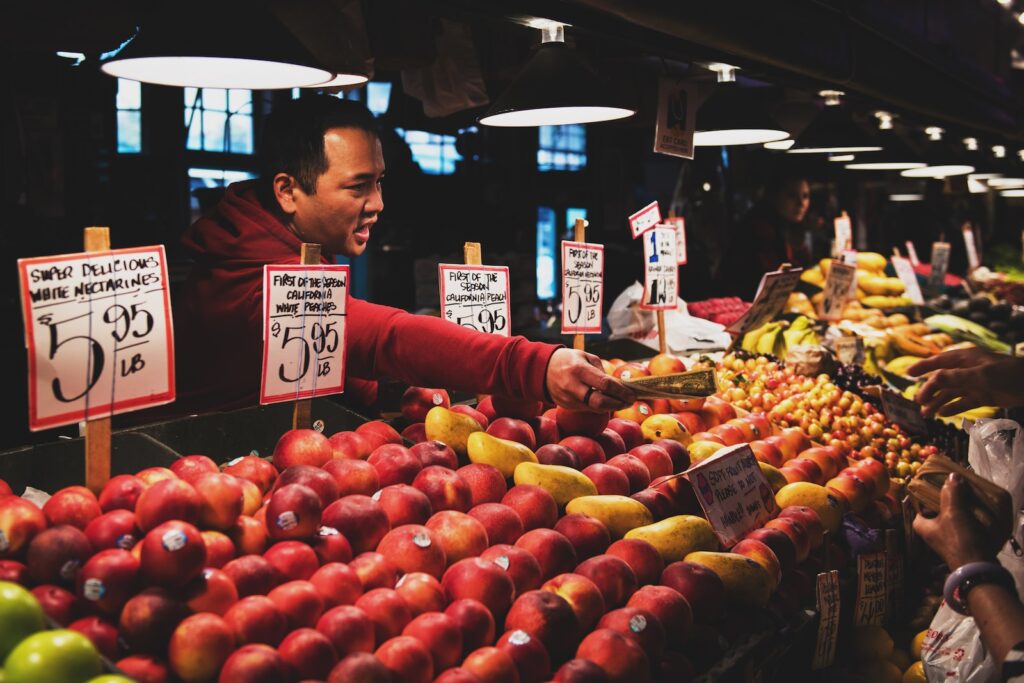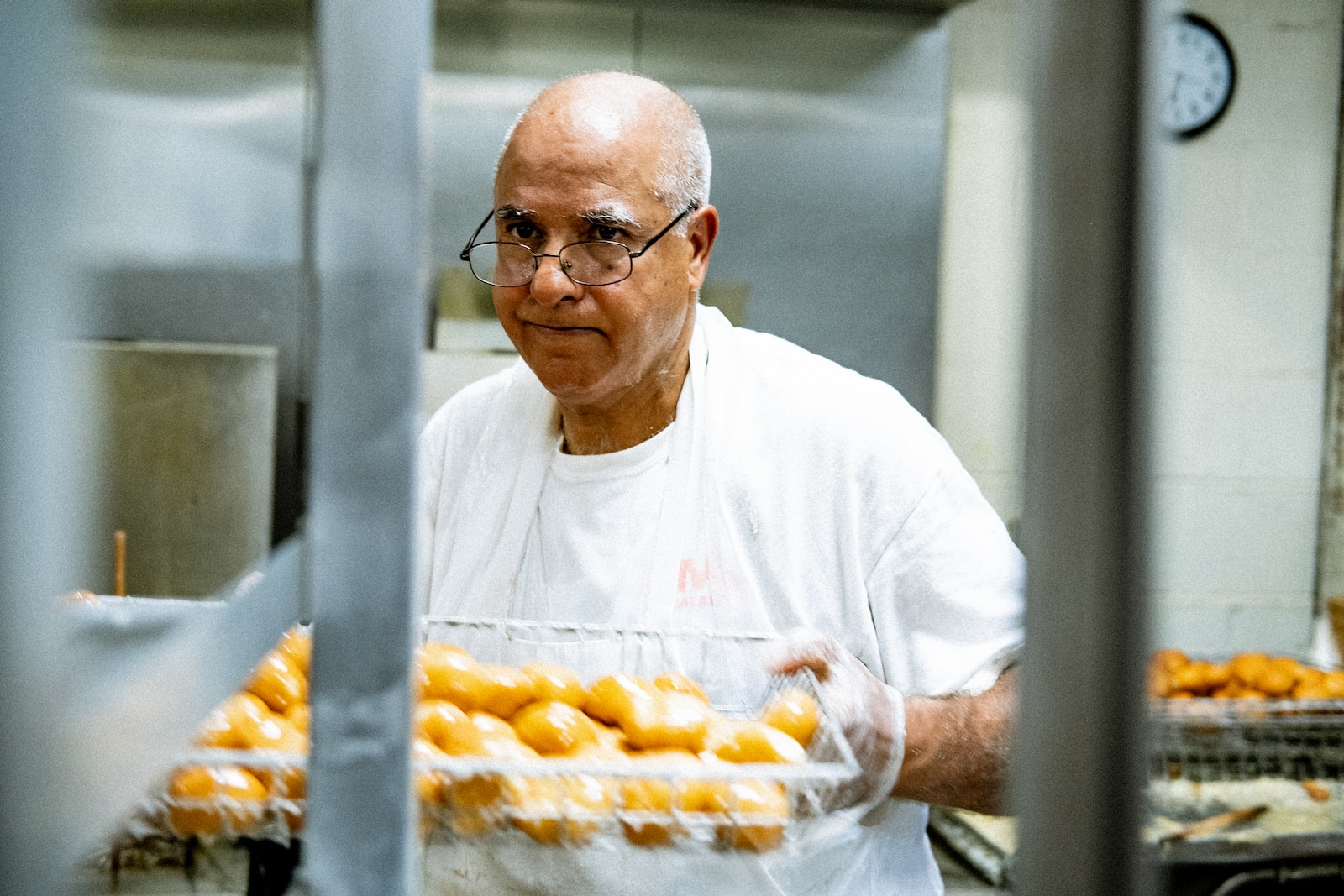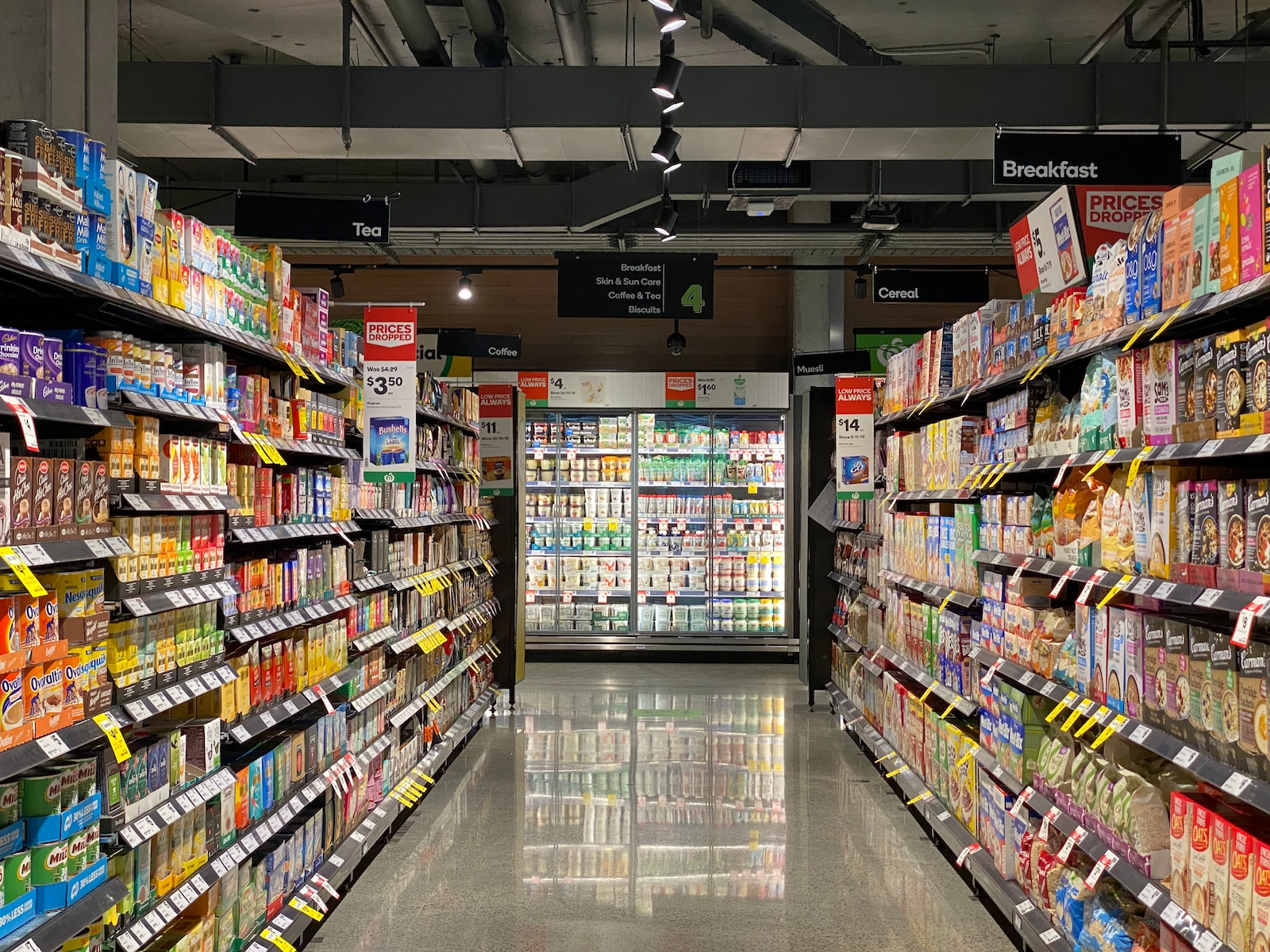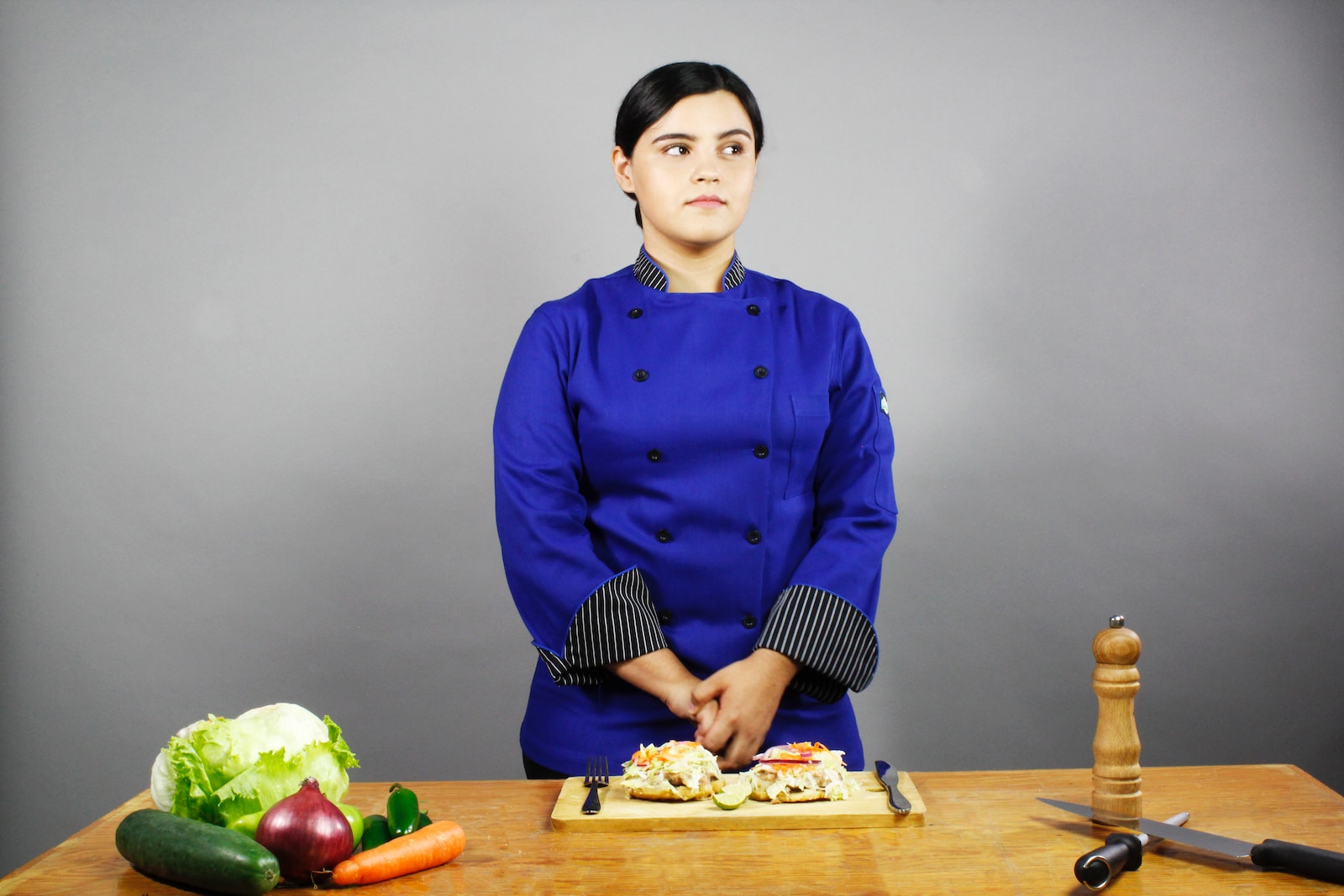Are you tired of spending countless hours in the kitchen, trying to whip up a meal that meets your dietary needs and taste preferences? Do you often find yourself throwing away unused ingredients, resulting in food waste and increased costs? If so, you may want to consider hiring a personal chef to help you control costs while enjoying delicious, customized meals.
Personal chef services offer a convenient and cost-effective way to enjoy healthy and tasty meals without the hassle of grocery shopping, meal planning, and cooking. With a personal chef, you can save time and money by avoiding unnecessary food waste and only paying for the ingredients and services you need. Plus, you get to enjoy restaurant-quality meals in the comfort of your own home, without the added expense of dining out.
To make the most of your personal chef services and control costs, it’s important to understand the factors that influence the cost of hiring a personal chef and the strategies you can use to minimize your food costs. By working closely with your chef, vendors, and distributors, you can create a customized meal plan that meets your needs and budget, while reducing food waste and maximizing the value of your investment.
Key Takeaways
- Personal chef services offer a convenient and cost-effective way to enjoy healthy and tasty meals without the hassle of grocery shopping, meal planning, and cooking.
- To control costs with a personal chef, it’s important to understand the factors that influence the cost of hiring a personal chef and the strategies you can use to minimize your food costs.
- By working closely with your chef, vendors, and distributors, you can create a customized meal plan that meets your needs and budget, while reducing food waste and maximizing the value of your investment.

Understanding Personal Chef Services
Hiring a personal chef can be a game-changer for busy individuals who want to enjoy delicious, healthy meals without the hassle of cooking. But before you make the decision to hire one, it’s important to understand what personal chef services entail and how much they cost.
A personal chef is a culinary professional who provides customized meal preparation services for individuals or families. They work in the client’s home kitchen and create menus based on the client’s dietary preferences, restrictions, and taste preferences. Personal chefs are different from private chefs, who typically work exclusively for one client or family.
Personal chef services can include menu planning, grocery shopping, meal preparation, and clean up. Some personal chefs also offer meal delivery services, where they prepare meals in their own kitchen and then deliver them to the client’s home.
The cost of personal chef services can vary widely depending on a number of factors, including the chef’s experience, location, and the services provided. According to Thumbtack, the national average cost for a personal chef is $200-$300 per week for five meals for a family of four. However, prices can range from $150 to $500 or more per week, depending on the chef’s experience and the level of customization required.
Overall, personal chef services can be a great way to save time and enjoy healthy, delicious meals without the hassle of cooking. If you’re considering hiring a personal chef, be sure to do your research and find a chef who has experience working with clients with similar dietary preferences and restrictions.

Cost Factors in Hiring a Personal Chef
When it comes to hiring a personal chef, there are several factors that can affect the cost. Here are some of the key cost factors to consider:
Location and Cost of Living
The location of your home and the cost of living in your area can have a significant impact on the cost of hiring a personal chef. In general, personal chefs in larger cities and more expensive areas will charge more than those in smaller towns or less expensive regions. Keep in mind that if you live in a remote area, you may need to pay additional travel costs for your chef.
Menu Planning and Dietary Needs
The complexity of your menu and any dietary restrictions or special requests can also affect the cost of hiring a personal chef. If you have specific dietary needs or want to create a specialty menu, your chef may need to spend more time and effort planning and preparing your meals. Be sure to discuss your menu and any dietary needs with your chef in advance so you can get an accurate estimate of the cost.
Grocery Shopping and Ingredients
The cost of groceries and ingredients can also impact the cost of hiring a personal chef. If you want your chef to use high-quality, organic ingredients, you can expect to pay more than if you opt for less expensive options. Keep in mind that your chef will likely need to make multiple trips to the grocery store each week, so you’ll need to factor in the cost of groceries and any additional fees for grocery shopping.
Labor Cost and Time
Finally, the labor cost and time involved in meal planning, food preparation, and cleaning can also affect the cost of hiring a personal chef. In general, you can expect to pay more for a chef who provides more comprehensive services, such as meal planning and grocery shopping. Additionally, the number of hours your chef spends in your home each week will impact the overall cost. Be sure to discuss your budget and expectations with your chef so you can find a balance between value and cost.
Overall, hiring a personal chef can be a great way to save time and enjoy delicious, healthy meals. By understanding the key cost factors involved, you can make an informed decision and find a chef who fits your budget and needs.
Understanding Food Costs
As a personal chef, understanding food costs is crucial to running a profitable business. Here are the key concepts you need to know:
Food Cost Percentage
Food cost percentage is the ratio of the cost of ingredients used in a recipe to the menu price of that dish. Typically, food cost percentage should be around 30% to 35%, depending on your business model. This means that for every dollar you spend on ingredients, you should be charging around $3 to $3.50 for that dish.
Cost of Goods Sold (COGS)
Cost of Goods Sold (COGS) is the total cost of the ingredients used in a recipe. This includes the cost of all raw materials, such as meat, vegetables, and spices. To calculate COGS, you need to add up the cost of all the ingredients used in a recipe.
Variance in Food Costs
Variance in food costs refers to the difference between your theoretical food cost and your actual food cost. Theoretical food cost is the cost of ingredients used in a recipe based on your recipes’ standard portion sizes and ingredient costs. Actual food cost is the actual cost of ingredients used in a recipe. Variance in food costs can occur due to many reasons, such as waste, theft, or inaccurate portioning.
To manage food costs, you need to keep track of your inventory and make sure that you are using the right portion sizes. You should also avoid using one-off ingredients that can be challenging to manage and lead to food waste. Cross-integration of ingredients can help keep food costs under control.
By understanding food costs, you can price your dishes appropriately to ensure profitability. You should also regularly review your menu and adjust prices as needed to keep up with rising food costs and maintain your profit margin.
Strategies for Controlling Costs
As a personal chef, one of your primary responsibilities is to create delicious meals for your clients while keeping the costs under control. Here are some strategies you can use to control costs and maximize profits.
Menu Engineering and Recipe Costing
Menu engineering involves analyzing the sales data to identify which items are the most profitable and which ones are not. By analyzing the sales mix and plate cost, you can make informed decisions about which menu items to keep, modify, or eliminate.
Recipe costing is another important aspect of cost control. By accurately calculating the cost of each ingredient and portion size, you can ensure that you are not overpaying for ingredients or undercharging for your services. You can use technology tools like recipe costing software to streamline this process.
Efficient Portion Control
Portion control is critical to cost control. By controlling the portion sizes, you can reduce the amount of food waste and ensure that your clients are getting the right amount of food. You can use portion control tools like measuring cups and scales to ensure that you are serving the right amount of food.
Efficient portion control also means that you can use the same ingredients to create multiple dishes. For example, you can use the same protein in multiple dishes to reduce the cost of ingredients and minimize waste.
Reducing Waste
Reducing waste is essential to cost control. By tracking your food waste, you can identify which items are being wasted and take steps to reduce waste. You can create a waste log to track the items that are being thrown away and identify the reasons for the waste.
One way to reduce waste is to repurpose the leftovers. You can use leftover ingredients to create new dishes or freeze them for future use. You can also donate the excess food to local food banks or shelters.
By implementing these strategies, you can control costs and maximize profits as a personal chef.
The Role of Vendors and Distributors
When it comes to controlling costs with a personal chef, the role of vendors and distributors cannot be overstated. These entities play a crucial role in the supply chain, and their actions can have a significant impact on your bottom line.
Vendors are the businesses that supply your personal chef with the ingredients and equipment needed to prepare your meals. They can include farmers, butchers, fishmongers, and specialty food purveyors. When selecting vendors, it’s essential to consider factors such as price, quality, and reliability. By building strong relationships with your vendors, you can negotiate better prices and ensure a steady supply of high-quality ingredients.
Distributors, on the other hand, are the businesses that transport and deliver the ingredients and equipment from the vendors to your personal chef. They can include local delivery services, national food distributors, and online retailers. When selecting distributors, it’s important to consider factors such as delivery times, pricing, and reliability. By working with reliable distributors, you can ensure that your personal chef has everything they need to prepare your meals on time and on budget.
One way to control costs with vendors and distributors is to consolidate your orders. By placing larger orders less frequently, you can often negotiate better prices and reduce delivery fees. Additionally, working with local vendors and distributors can often be more cost-effective than working with national or online providers.
Another way to control costs is to be proactive in your communication with vendors and distributors. By providing clear instructions and specifications, you can reduce the risk of errors and ensure that you receive exactly what you need. Additionally, by monitoring your inventory levels and forecasting your needs, you can avoid over-ordering and wasting ingredients.
In conclusion, vendors and distributors play a critical role in controlling costs with a personal chef. By carefully selecting and managing these entities, you can ensure that your personal chef has everything they need to prepare delicious, cost-effective meals that meet your dietary needs and preferences.

Conclusion
Hiring a personal chef can be a great way to enjoy delicious and healthy meals without having to spend hours in the kitchen. However, it’s important to keep in mind that hiring a personal chef can be expensive. In order to get the most out of your investment, you should take steps to control costs.
One way to control costs is to hire a chef with experience. A chef who has been in the business for a long time will know how to prepare meals efficiently and will be able to work quickly. This can help to reduce the amount of time that the chef needs to spend in your kitchen, which can help to keep costs down.
Another way to control costs is to look for a chef who offers value. This doesn’t necessarily mean that you should look for the cheapest chef you can find. Instead, you should look for a chef who offers a good balance of quality and price. A chef who uses high-quality ingredients and takes the time to prepare meals properly will be worth the investment.
Profitability is also an important consideration when hiring a personal chef. You should look for a chef who can help you to save money in the long run. For example, a chef who prepares meals in bulk and freezes them can help you to save money on groceries. Additionally, a chef who helps you to eat more healthily can help you to save money on medical bills in the long run.
Finally, cost control is an important consideration when hiring a personal chef. You should look for a chef who is willing to work with you to control costs. For example, you may be able to save money by providing some of the ingredients yourself or by having the chef prepare meals in your kitchen instead of their own.
Overall, hiring a personal chef can be a great way to enjoy delicious and healthy meals without having to spend hours in the kitchen. However, it’s important to keep costs under control in order to get the most out of your investment. By following the tips in this article, you can enjoy the benefits of a personal chef without breaking the bank.
Frequently Asked Questions
What are the typical services offered by a personal chef?
A personal chef offers a range of services, from meal planning to grocery shopping to cooking and cleaning up. Some personal chefs specialize in specific diets, such as gluten-free or vegan, while others offer a more general menu. Depending on your needs, a personal chef can provide weekly meal prep, special occasion catering, or even private cooking lessons.
How can you find a personal chef that fits your budget?
There are several ways to find a personal chef that fits your budget. You can ask for recommendations from friends or family, search online directories, or contact a local culinary school for referrals. When interviewing potential chefs, be sure to ask about their pricing structure and any additional fees, such as grocery costs or travel expenses.
What factors affect the cost of hiring a personal chef?
The cost of hiring a personal chef can vary depending on several factors, including their level of experience, the complexity of the menu, and the number of guests. Other factors that can affect the cost include the cost of groceries, any special equipment or ingredients required, and the length of the service.
What are some creative menu ideas for a personal chef?
A personal chef can create a wide range of menu ideas, from classic comfort food to exotic international cuisine. Some popular menu items include healthy salads, hearty soups, and flavorful entrees such as grilled fish or roasted chicken. For special occasions, a personal chef can create custom menus featuring gourmet appetizers, entrees, and desserts.
What is the difference between a personal chef and a private chef?
A personal chef typically works for multiple clients and provides meal prep services on a regular basis. In contrast, a private chef typically works for a single client or family and provides full-time culinary services, including grocery shopping, meal planning, and cooking. Private chefs are typically more expensive than personal chefs due to the level of service provided.
What are the benefits of hiring a personal chef for a night?
Hiring a personal chef for a night can be a great way to celebrate a special occasion or impress your guests. A personal chef can create a custom menu based on your preferences and dietary needs, and can provide a high level of service and attention to detail. Hiring a personal chef can also save you time and stress, allowing you to focus on enjoying the evening with your guests.
About the author
Dr Harlan Kilstein has been fascinated by cooking and food technology since he was young.
He has worked in the catering industry for many years.
He has authored more than a dozen recipe books in the Keto niche including Speed Keto, Speed Keto RFL (Rapid Fat Loss) and many more.




